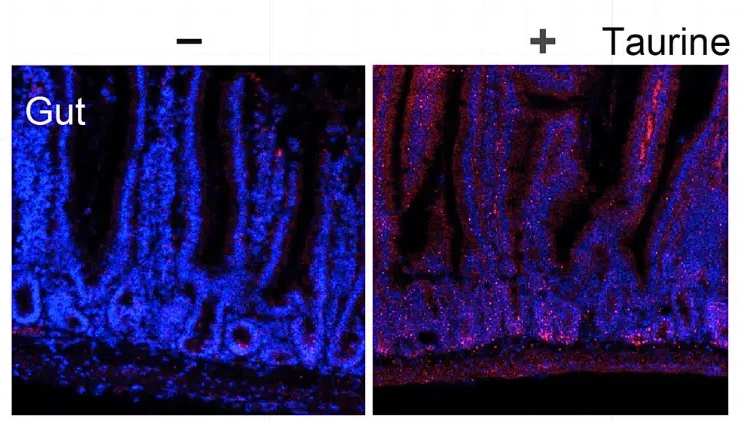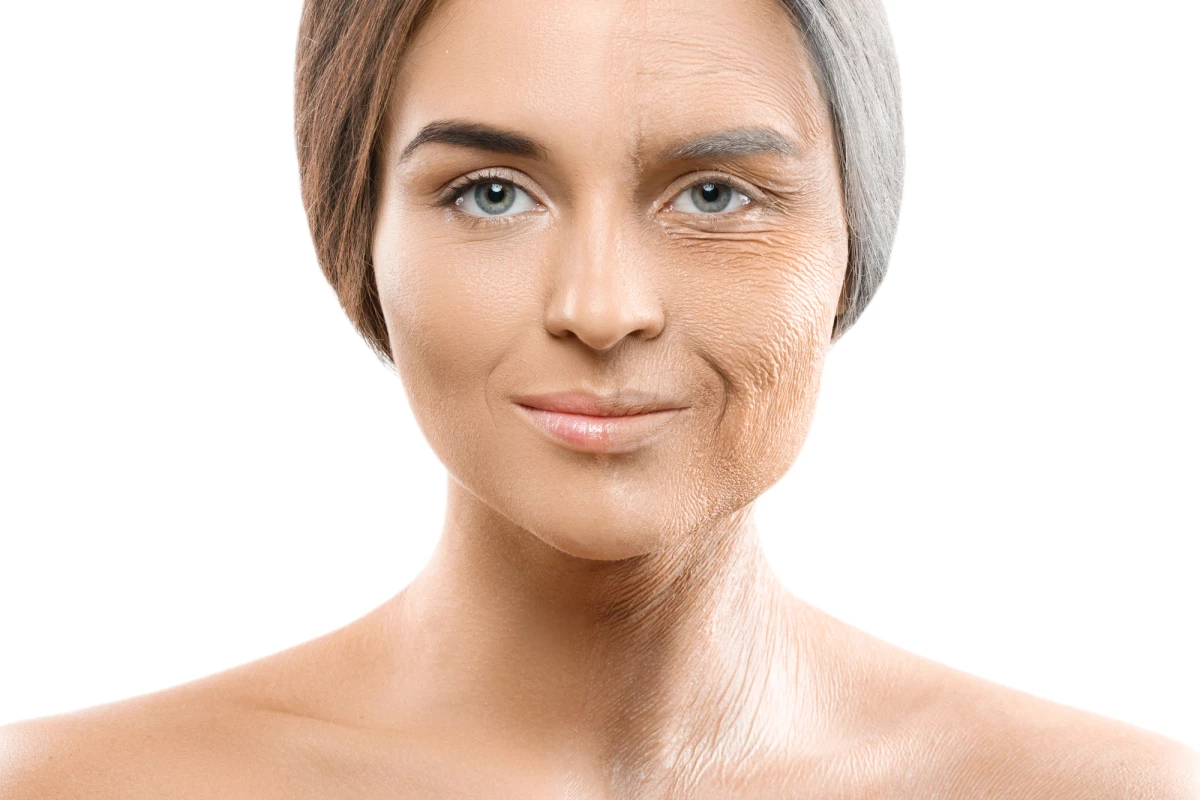Aging is an inevitable part of living. But inevitable as it is, many are keen to find ways to reverse – or at least slow – it. A new study found that a naturally occurring amino acid was linked to the aging process in mice, monkeys and worms, and think it may play a role in human aging.
As we age, our cells and organs stop functioning as efficiently as they used to. On a cellular level, the effects of aging include an increased tendency for DNA mutations to occur during cell division, dysregulation of cells’ ability to recognize and respond to nutrients, dysfunction of the cells’ mitochondrial energy supply, and a build-up of senescent cells, or cells that have stopped dividing. But what if some of these processes could be slowed down?
Researchers from the Harry Perkins Institute of Medical Research in Western Australia collaborated with international researchers in an attempt to answer that question by exploring taurine’s role in aging.
“Earlier studies had shown that the concentration of taurine in the blood correlates with health, but it was unknown whether blood taurine concentrations affect aging,” said Ankur Sharma, one of the study’s co-authors. “To address this gap in knowledge, we measured the blood concentration of taurine during aging and found that as taurine levels naturally decreased, the ‘hallmarks of aging’ increased, including a decline in organ functions.”
Taurine is an amino acid that our bodies produce naturally. In fact, it’s one of the most abundant amino acids found in humans. It plays an important role in cell development, nutrition and survival. Taurine’s also found in seafood, particularly shellfish, and dark meat. And you’ve probably seen it mentioned as an ingredient in energy drinks.
To see whether taurine levels contributed to aging across species, the researchers fed either taurine or a control solution to mice, monkeys, and worms. They found that taurine-fed mice lived longer than the control mice. Moreover, the mice fed taurine had improved bone, muscle, pancreas, brain, fat, gut and immune system functioning, indicative of an overall increase in health. The researchers observed a similar effect in monkeys and improved the lifespan of worms.

“When the amount of taurine was increased in preclinical models, the subjects’ health span, or length of healthy life, increased and they lived for longer,” Sharma said.
Examining the cellular impact of taurine, the researchers found that the chemical had a positive effect on the hallmarks of aging.
“Investigations into the mechanisms through which taurine supplementation improved healthy lifespan revealed that taurine positively affected several hallmarks of aging, including cellular senescence, DNA damage and inflammaging,” said Sharma.
Inflammaging refers to the chronic, low-grade inflammation associated with advancing age. The researchers plan to undertake long-term studies to determine whether taurine is a driver of aging in humans.
“If there were blood-based drivers of aging then restoring their concentration to ‘youthful’ levels could serve as an anti-aging intervention, but that is yet to be tested in humans,” Sharma said.
The study was published in the journal Science.





